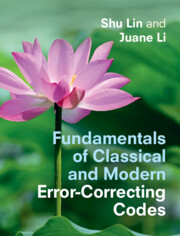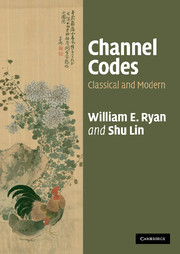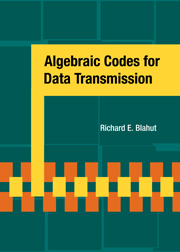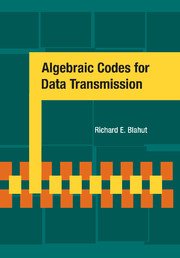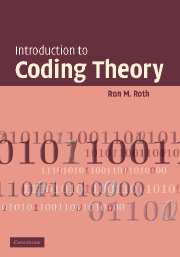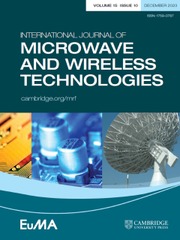Fundamentals of Classical and Modern Error-Correcting Codes
Using easy-to-follow mathematics, this textbook provides comprehensive coverage of block codes and techniques for reliable communications and data storage. It covers major code designs and constructions from geometric, algebraic, and graph-theoretic points of view, decoding algorithms, error control additive white Gaussian noise (AWGN) and erasure, and dataless recovery. It simplifies a highly mathematical subject to a level that can be understood and applied with a minimum background in mathematics, provides step-by-step explanation of all covered topics, both fundamental and advanced, and includes plenty of practical illustrative examples to assist understanding. Numerous homework problems are included to strengthen student comprehension of new and abstract concepts, and a solutions manual is available online for instructors. Modern developments, including polar codes, are also covered. An essential textbook for senior undergraduates and graduates taking introductory coding courses, students taking advanced full-year graduate coding courses, and professionals working on coding for communications and data storage.
- Simplifies a highly mathematical subject to a level that can be understood and applied with a minimum background in mathematics
- Provides step-by-step explanation of all covered topics, both fundamental and advanced
- Includes plenty of practical illustrative examples to assist understanding and engage students
- Contains numerous end-of-chapter homework problems of various types to aid and strengthen learning of new and abstract concepts
- Accompanied online by a solutions manual for instructors
Reviews & endorsements
'… masterfully provides a comprehensive treatment of both traditional codes as well as new and most promising coding families and decoding algorithms …' Bane Vasić, University of Arizona
' an excellent, unique, and valuable contribution to the teaching of the subject.' Ian Blake, University of British Columbia
'A highly readable introduction into the theory of block codes, including classical code constructions, an extensive treatment of LDPC codes, with emphasis on quasi-cyclic constructions, and an introduction to polar codes. Recommended for a beginning graduate course in coding, with enough material for either one or two semesters. Numerous examples and problems make the book very student friendly.' Daniel Costello, University of Notre Dame
'The book truly explains these highly mathematical subjects to a level that can be accessed and applied with as little background in mathematics as possible. It provides step-by-step explanation of all covered topics, both more theoretical or applied, and includes sufficient illustrative examples to assist understanding.' Nikolay Yankov, zbMATH
Product details
January 2022Adobe eBook Reader
9781009080569
0 pages
This ISBN is for an eBook version which is distributed on our behalf by a third party.
Table of Contents
- Preface
- Acknowledgments
- 1. Coding for reliable digital information transmission and storage
- 2. Some elements of modern algebra and graphs
- 3. Linear block codes
- 4.Binary cyclic codes
- 5. BCH codes
- 6. Nonbinary BCH codes and Reed-Solomon codes
- 7. Finite geometries, cyclic finite geometry codes, and majority-logic decoding
- 8. Reed-Muller codes
- 9. Some coding techniques
- 10. Correction of error-bursts and erasures
- 11. Introduction to low-density parity-check codes
- 12. Cyclic and quasi-cyclic LDPC codes on finite geometries
- 13. Partial geometries and their associated QC-LDPC codes
- 14. Quasi-cyclic LDPC codes based on finite fields
- 15. Graph-theoretic LDPC codes
- 16. Collective encoding and soft-decision decoding of cyclic codes of prime lengths in Galois Fourier transform domain
- 17. Polar codes
- Appendices.

